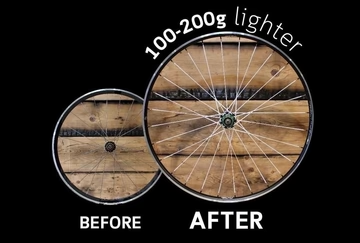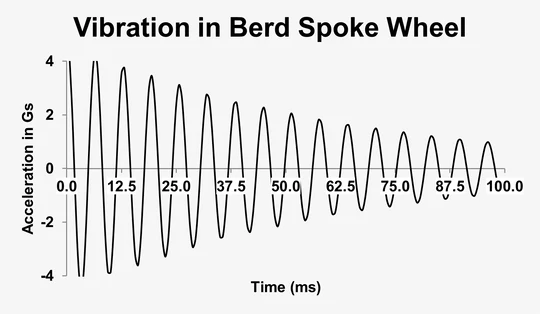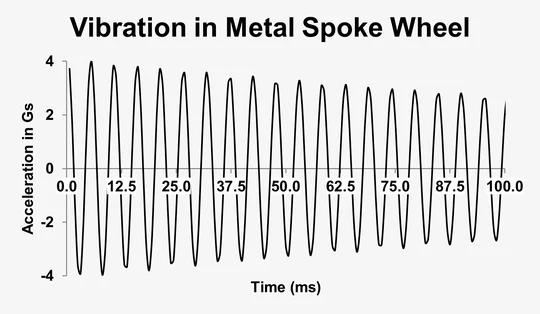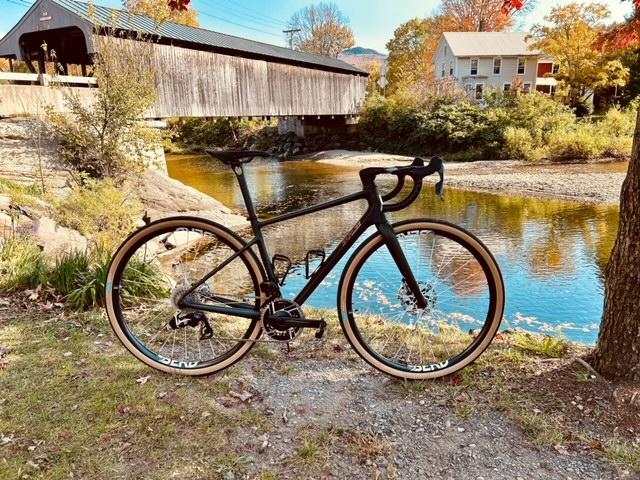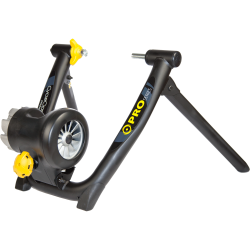Berd Wheels Tries Something New
Berd Wheels Tries Something New
Wheels are an essential bicycle component, pivotal in its overall performance. When it comes to a well-fitted bike, the choice of wheel can make all the difference. Traditionally, alloy spokes have been the dominant choice for decades, but this has limited innovation in the industry. Enter Berd Wheels: a pioneering company redefining the norm with their groundbreaking Polylight spokes made from Dyneema, a high-performance fiber. This innovative approach promises to elevate your cycling experience, setting a new standard for speed and durability.

What Can A Really Good Bicycle Wheel Do?
Bicycle wheels are fundamental components that significantly influence the bicycle’s overall performance, efficiency, and safety. Structurally, wheels distribute the rider’s weight evenly, ensuring stability and balance during motion. The materials and design of the rim, spokes, and tires determine the wheel’s strength and durability. These characteristics are crucial for withstanding various riding conditions and terrains. Properly engineered wheels reduce rolling resistance, enhancing speed and energy efficiency by allowing smoother and more effortless movement. Additionally, the wheels’ ability to absorb shocks from uneven surfaces contributes to rider comfort and minimizes the risk of injuries. Advanced wheel technologies, such as aerodynamic rims and tubeless tires, further optimize the bike’s handling, control, and performance. Thus, a well-designed and maintained bicycle wheel is vital for maximizing the effectiveness and reliability of the bike. The development of reliable and durable carbon wheels is one of our picks for Top Road Bike Technology in the last 20 years. Additionally, carbon rims are regularly part of a high-quality, enthusiast-level mountain bike.
Is Dyneema Simply A Glorified String?
Berd Wheels uses Dyneema as the material to build its spokes. Dyneema is also known as ultra-high molecular weight polyethylene (UHMWPE). It is highly regarded in the climbing and sailing communities for its high-strength, lightweight ropes. Dyneema is claimed to be 15 times stronger than steel while being incredibly lightweight. Berd PolyLight spokes (made with Dyneema) weigh just 2.5 grams each, compared to the 4.41 grams of Sapim CX-Ray spokes (a benchmark metal spokes for performance wheel building). This results in a 60-gram weight savings on a traditional 32-hole wheel. Berd wheel weights start at an astonishing 1108 grams with tape and valves. This rotational weight savings offers a significant performance boost compared to similar weight reductions on a static bike frame.
What is the Ride Quality Of Berd Wheels Like?
A light wheel that is overly rigid makes for an uncomfortable ride. PolyLight spokes address this problem by absorbing vibrations, providing a smoother ride that alloy spokes can’t match. This smoother ride translates to increased speed and comfort for the rider.
Apart from vibration absorption, PolyLight spokes excel at distributing impact forces. When an impact occurs, the rim is pushed inward at the point of contact, causing the area 45 degrees away from the point of contact to flex outward from the hub. Metal spokes at the impact point bend and absorb the force, but a metal spoke 45 degrees away cannot stretch with the rim, leading to spokes pulling through the rim. PolyLight spokes, with their ability to stretch and return, control the flex of the rim over a smaller number of spokes, effectively managing the impact. This video demonstrates the difference between metal spokes and Berd spokes when subjected to a rim impact. In addition, the video provides a visual aid to help you understand what happens when any wheel hits an object.
Are Polylight Spokes on Berd Wheels Strong Enough?
The same qualities of PolyLight spokes on Berd Wheels that provide high vibration and impact resistance also offer protection against objects getting caught in the spokes. When an object enters the spokes of a traditional wheel, the impacted spokes bend, which generates significant force at the rim, potentially causing spokes to pull through. PolyLight spokes, however, flex under relatively high impact and return to their original shape with minimal damage to either the spokes or the rim. This video further illustrates how Dyneema’s unique properties alter typical wheel damage dynamics after an object enters the spokes.
What’s Not to Love About Berd Wheels?
If Berd Wheels are lighter than their competition and they ride smoother, what’s not to love? One consideration is a broken spoke. Most bike shops have at least the most common standard spoke lengths available in traditional metal spokes. Replacement spokes for Berd wheels are not easily found if a spoke breaks on a ride. The process for changing the Polylight spokes is similar to replacing a traditional spoke. However, a Polylight spoke will stretch until settling into its final position. This means it must be re-tensioned a day or two after replacement and that the installation process is a fair amount more involved than a metal spoke.
This same “settling” that happens with a replacement spoke makes building a wheel with Polylight spokes more challenging. If the builder does not use the Berd specefic tools, it is a multi-day process of tensioning and letting the spokes stretch and then repeating. As a solution for this, Berd will build almost any custom wheel.
Polylight spokes can be used with any hub except one that is specific to radial lacing. While I’m not sure who would ever think of doing so, Berd spokes are not compatible with single-wall rims. Berd Wheels specifies 16mm deep nipples due to the inherent stretch within their spokes.
The suggested maximum rider weights for Berd Wheels start at 250 lbs for road and gravel wheels and 280 lbs for mountain wheels. Berd Wheel points out that these limits are due to the rims, not the spokes. These suggestions are common for performance wheels, but heavier or very aggressive riders need to factor in this information when considering wheels.
Final Thoughts On Berd Wheels
Will Berd wheels revolutionize the bicycle industry? This remains to be seen. They have created a product that deserves consideration. They have an option for almost everyone with four mountain, one gravel, and one road configuration. Since all of the Berd wheels are priced close to $2000, they are very competitive with the current offering from other manufacturers. Berd Wheels are the lightest wheel we have seen in their pricepoint (or almost any pricepoint) and our rides on them have proven that they are very smooth.
Recently, we built a Parlee Ouray with Berd Sparrow wheels that tipped the scales at 16 lbs, including pedals and cages. After the first ride, the rider emailed us saying, “Bike is amazing. (The) first ride was great. I was most surprised at how smooth it felt on the dirt and pavement. The new RED brakes and hoods were also noticeably better shaped and had better stopping power than the previous version, which I have on my Moots. Gear ratio perfect, etc, etc. Thank you for all your help.” Read more about this bike here and more about the new SRAM RED AXS group here
Contact us for more information about Berd wheels or anything bike-related.

